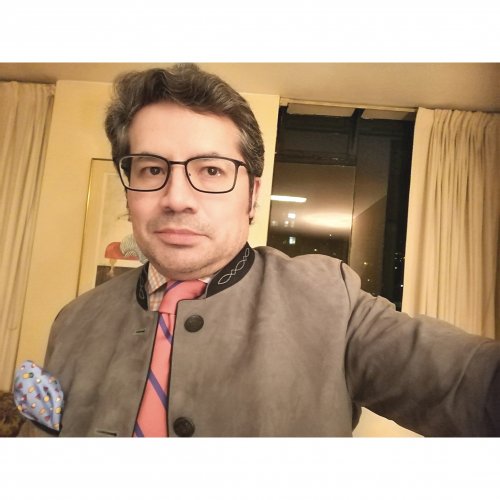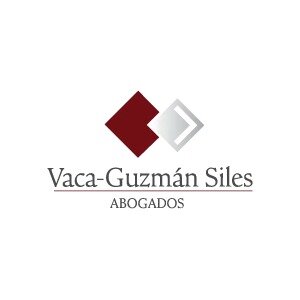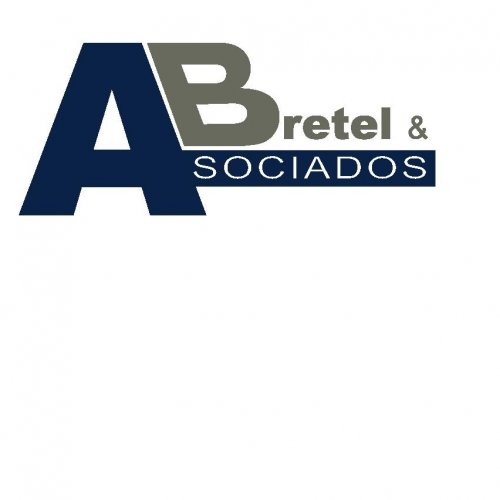Best Patent Lawyers in Bolivia
Share your needs with us, get contacted by law firms.
Free. Takes 2 min.
Or refine your search by selecting a city:
List of the best lawyers in Bolivia
About Patent Law in Bolivia
Patent law in Bolivia is governed by the Bolivian Patent Law and is influenced by various international agreements to which Bolivia is a signatory, such as the Agreement on Trade-Related Aspects of Intellectual Property Rights (TRIPS) and the Andean Community's Decision 486, which regulates industrial property in Andean countries. In Bolivia, patents are designed to encourage the disclosure of inventions while providing inventors with exclusive rights to their innovations for a limited period, typically 20 years, subject to certain conditions and requirements.
Why You May Need a Lawyer
There are numerous situations where seeking legal assistance in the field of patents is advisable. Whether you are applying for a patent, defending your patent rights, or dealing with patent infringement, a lawyer can offer crucial guidance. Legal experts can help navigate the complexity of patent applications and ensure compliance with Bolivian and international regulations. They also assist with contract negotiations, licensing agreements, and litigations related to patents.
Local Laws Overview
Bolivia's patent system is largely influenced by Decision 486 of the Andean Community, which sets out the criteria for what can and cannot be patented. Key aspects include:
- Patentable Subject Matter: Innovations must be novel, involve an inventive step, and be industrially applicable.
- Application Process: This includes the filing of patent applications with the National Intellectual Property Service (SENAPI).
- Exclusions: Some items, such as natural discoveries, scientific theories, and certain methods for medical treatments, are not patentable.
- Patent Term: Patents are generally granted for a period of 20 years from the filing date.
Frequently Asked Questions
What qualifies as a patentable invention in Bolivia?
An invention must be novel, involve an inventive step, and be capable of industrial application to be patentable in Bolivia.
How long does it take to obtain a patent in Bolivia?
The patent application process can take several years, often ranging from two to five years, depending on the complexity of the application and any objections raised during the examination process.
Can I file a patent application directly in Bolivia?
Yes, you can file a patent application directly with SENAPI or through the international route via the Patent Cooperation Treaty (PCT), if applicable.
Is my Bolivian patent protected internationally?
No, patents are territorial rights. A Bolivian patent only provides protection within Bolivia. For international protection, you would need to file for patents in other countries.
What should I do if someone infringes on my patent rights?
Consult with a legal expert to evaluate your situation and consider initiating legal proceedings or negotiating licensing agreements.
Can existing patents be contested in Bolivia?
Yes, patents can be contested through administrative or judicial procedures if there are grounds such as lack of novelty or incorrect ownership claims.
What is the duration of patent protection in Bolivia?
Patent protection in Bolivia lasts 20 years from the application date, subject to the payment of annual maintenance fees.
Are pharmaceutical products patentable in Bolivia?
Yes, pharmaceutical products can be patented if they meet the criteria of novelty, inventive step, and industrial applicability.
How can I verify if an invention is already patented in Bolivia?
You can conduct a patent search through SENAPI’s database or hire a professional to conduct a comprehensive patent search.
What happens if I don't pay the maintenance fees for my patent?
Failure to pay annual maintenance fees usually results in the lapse of the patent, losing the exclusive rights to the invention.
Additional Resources
Consider reaching out to the following resources for further assistance:
- National Intellectual Property Service (SENAPI): The official body for patent-related inquiries in Bolivia.
- Bolivian Bar Association: For connecting with qualified intellectual property lawyers.
- Andean Community Website: To understand regional agreements affecting patent law.
Next Steps
If you need legal assistance in patents, your first step should be to gather all relevant documentation related to your invention or issue. Next, consult with a specialized intellectual property attorney familiar with Bolivian patent law. They can provide tailored advice and help prepare and submit patent applications or handle disputes. Keeping abreast of any updates or changes in legislation is also recommended to ensure continued compliance.
Lawzana helps you find the best lawyers and law firms in Bolivia through a curated and pre-screened list of qualified legal professionals. Our platform offers rankings and detailed profiles of attorneys and law firms, allowing you to compare based on practice areas, including Patent, experience, and client feedback.
Each profile includes a description of the firm's areas of practice, client reviews, team members and partners, year of establishment, spoken languages, office locations, contact information, social media presence, and any published articles or resources. Most firms on our platform speak English and are experienced in both local and international legal matters.
Get a quote from top-rated law firms in Bolivia — quickly, securely, and without unnecessary hassle.
Disclaimer:
The information provided on this page is for general informational purposes only and does not constitute legal advice. While we strive to ensure the accuracy and relevance of the content, legal information may change over time, and interpretations of the law can vary. You should always consult with a qualified legal professional for advice specific to your situation.
We disclaim all liability for actions taken or not taken based on the content of this page. If you believe any information is incorrect or outdated, please contact us, and we will review and update it where appropriate.
Browse patent law firms by city in Bolivia
Refine your search by selecting a city.















